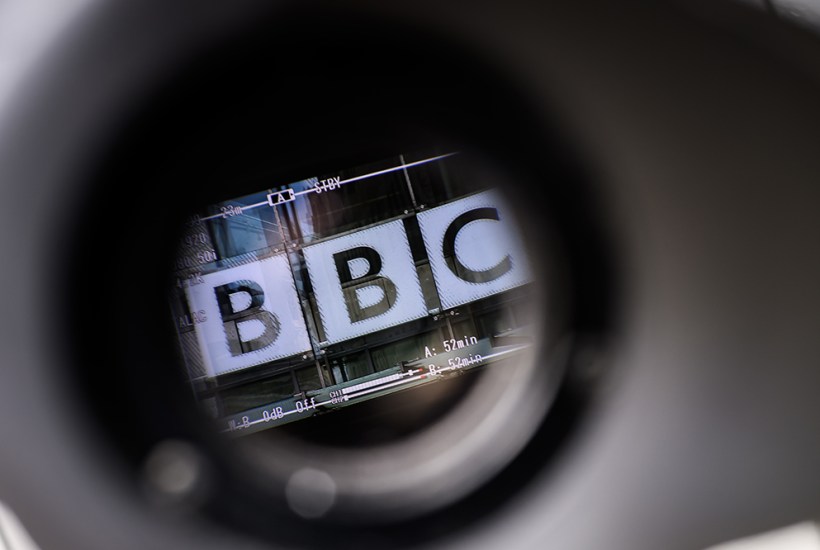The story of the famous BBC television presenter who, at the time of writing, has still not been named, has all the elements of 21st-century-media madness – something allegedly sexual which may or not involve a person too young for such things; a desperate hue and cry to see who will dare to name the accused first; anonymous accusers; a clash between strong legal rules about the accused’s anonymity and the strong social media custom of ignoring them; a confusion as to whether the ‘victim’ is a victim or whether he/she even believes he/she is a victim; gabby lawyers; the Sun;...
Already a subscriber? Log in
Subscribe for just $2 a week
Try a month of The Spectator Australia absolutely free and without commitment. Not only that but – if you choose to continue – you’ll pay just $2 a week for your first year.
- Unlimited access to spectator.com.au and app
- The weekly edition on the Spectator Australia app
- Spectator podcasts and newsletters
- Full access to spectator.co.uk
Unlock this article
You might disagree with half of it, but you’ll enjoy reading all of it. Try your first month for free, then just $2 a week for the remainder of your first year.









Comments
Don't miss out
Join the conversation with other Spectator Australia readers. Subscribe to leave a comment.
SUBSCRIBEAlready a subscriber? Log in